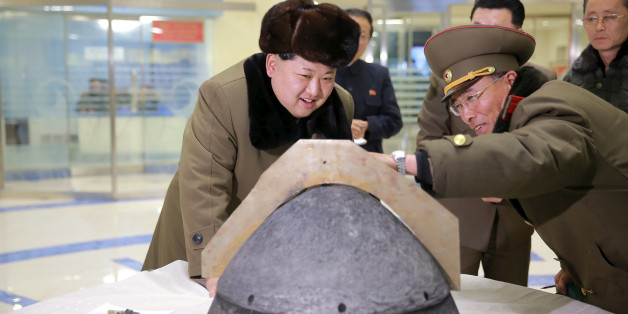A nation must think before it acts.
VLADIVOSTOK, Russia — Russia is a key strategic player in Northeast Asia, borders on North Korea, has long experience in dealing with various Pyongyang regimes and provides goods and services vital to the North’s survival and well-being. The country could contribute significantly to international deliberations on how to restrain the North’s nuclear weapons and ballistic missile programs. Yet two players — the United States and China — have more or less monopolized approaches to dealing with the North.
Quite obviously, such approaches haven’t worked well. The North’s threats to international security are gaining momentum and reach. By now, North Korea has amassed an estimated 10 to 20 nuclear weapons, and it could have as many as 100 by the end of the decade. South Korea and Japan may already be within the range of Pyongyang’s nuclear-tipped ballistic missiles. In a few years North Koreamay develop missiles that can strike Hawaii, Alaska and the continental United States.
The conventional view is that Russia’s influence over North Korea is mostly political, predicated on Russia’s permanent membership in the U.N. Security Council. Often overlooked is the fact that Russia maintains a range of commercial and other links with the North. Taken together, they constitute quite a substantial leverage that Moscow can exercise over Pyongyang. Arguably, among North Korea’s neighbors Russia now ranks second, after China, in terms of its potential ability to cause intense economic pain to the North Korean regime. This became especially true in recent years after Japan and South Korea severed virtually all economic contacts with the North.
Right now, Moscow-Pyongyang ties are in retreat. Russia supported the U.N. Security Council Resolution 2270, scaling back an economic relationship and high-level political contacts which had reached a high point during 2014 and 2015. Nevertheless, important points of contact and leverage remain. Russia’s annual trade with the North is a mere 100 million dollars, dwarfed by China’s 7 billion dollars. However, according to some estimates, about one-third of China’s exports to North Korea is actually made up of Russian-originated products, mostly oil and fuel-related. Russia seems to be the world’s biggest importer of North Korean contract labor, hosting some 20,000 North Korean ‘’guest workers.’’ Sending labor abroad is an important source of hard currency for the North Korean regime.
Continue reading, “How Russia Could Help Curb North Korea’s Nukes”




